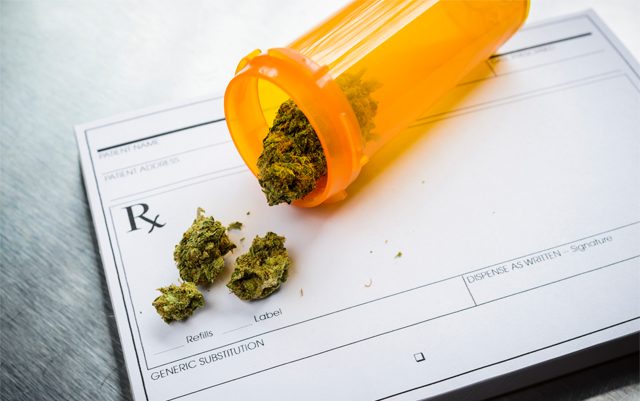Currently, more than half of the U.S. has access to legal medical marijuana. Unfortunately, that doesn’t mean the same thing in every state. Much of the difference from state to state is in the processes/requirements to become a registered patient, the conditions the law covers or the types of products that are available and whether a patient can grow their own medicine or not. For some, however, the difference is in accessibility. And for those in West Virginia, though medical marijuana became legal on July 1st of this year, it doesn’t mean patients have access to medicine and probably won’t for at least another year or two – possibly longer.
Peebles wrote to MJBizDaily, “would be wise to take note of what has recently unfolded in other southern states like Florida and Arkansas, where limiting licenses and creating a merit-based application process has placed the regulators in the unfortunate position of being the primary target for litigation.”
This delay has been frustrating not only for the advocates that fought for the legislation the state passed in 2017, but also for businesses hoping to enter the industry. As it stands right now, most of the issues appear to be over two things – a lack of banking options for the newly legal industry, and a U.S. attorney with a promise to prosecute those working with medical marijuana in the state (which has further motivated banks to shy away from the industry).
“I don’t understand why they would have to wait for the banking program to be in place for them to at least put out the applications, start issuing cards to patients,” Pushkin said. “We put something in that bill that would allow for reciprocity for patients — foreseeing that there could be some hiccups along the way.”
Patients and activists who are disappointed over this have a right to be, as many other states have moved forward without a banking system in place. It makes no sense to hold off on creating a licensing process until a banking system is in place. At the very least, everything could be ready by the time the banking concerns have been resolved if they were working on these issues concurrently instead of one at a time.
“We are definitely sympathetic to their concerns. And we appreciate the support from the governor’s office — and also the hard work that’s been done in the legislature to put a workable form of the medical cannabis act out there,” Frame said. “However, it is complicated. There’s a lot of provisions and a lot of complications that go along with that process. But everyone involved has been working hard to roll out products as soon as possible.”
With West Virginia lawmakers taking their time to design a system that will license their growers, processors and dispensaries (through a merit-based system, which has been problematic in other states), officials are expecting another two to three years before there is product on the shelves of dispensaries for patients to purchase. If that is the case, the state could become the slowest yet to roll-out their medical marijuana program.






